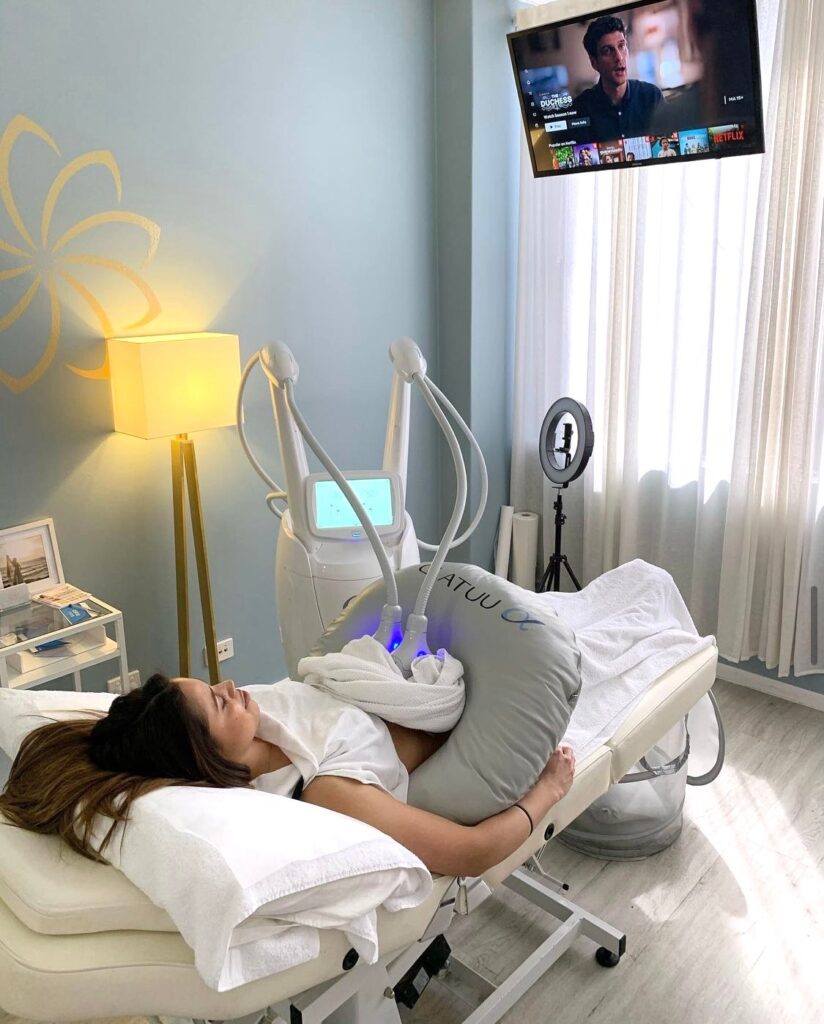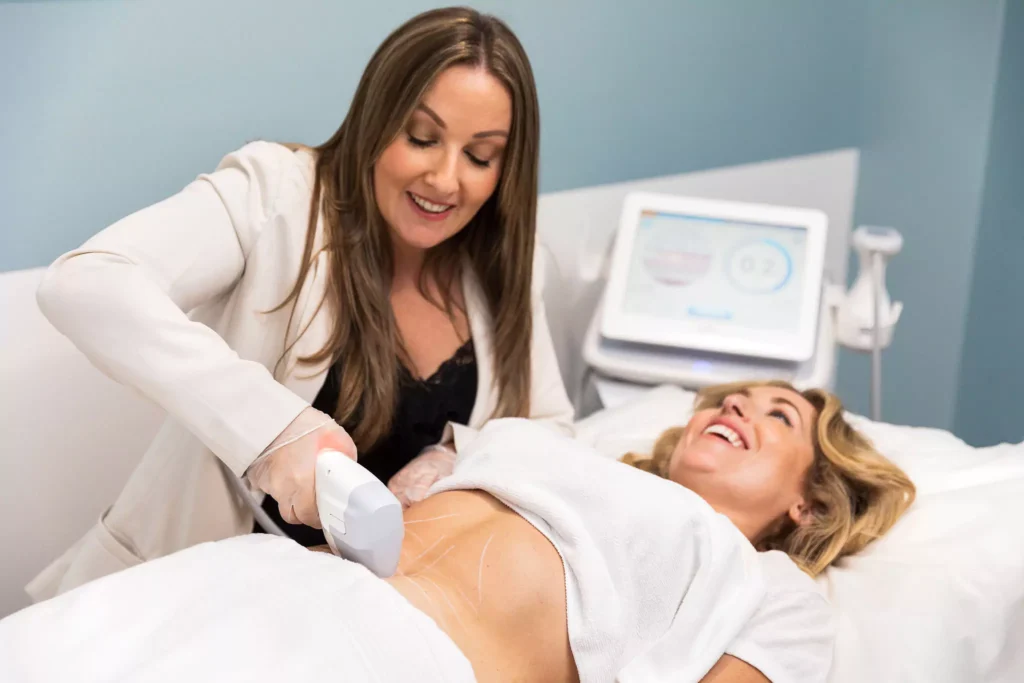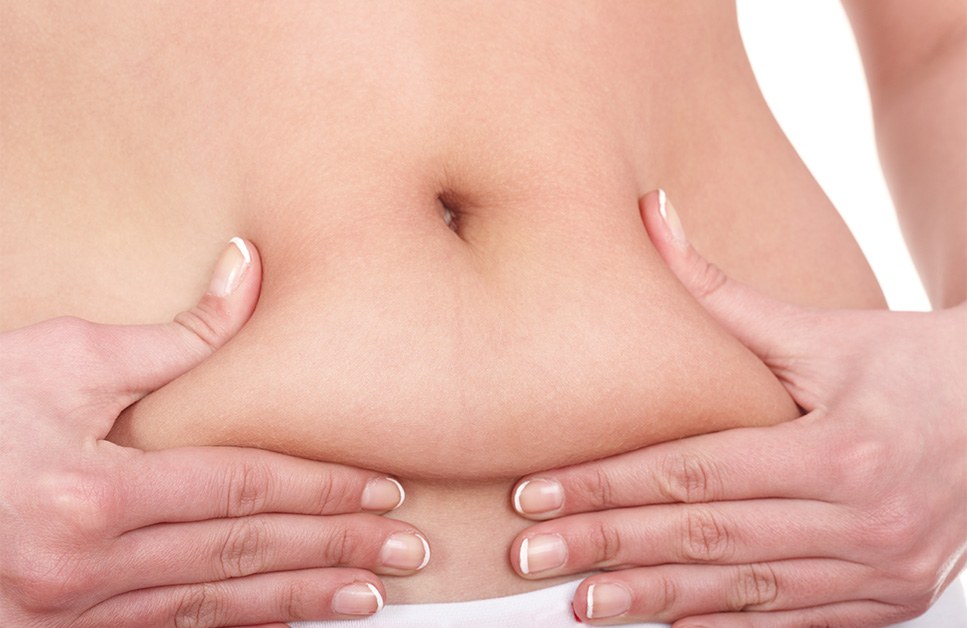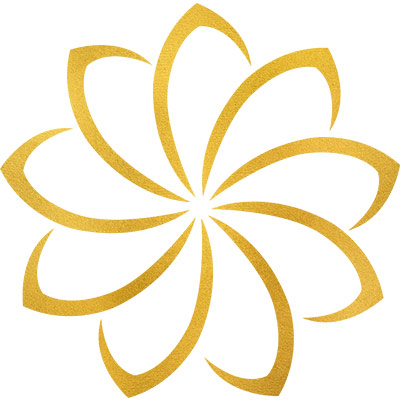
Body Catalyst Nutrition Workshops
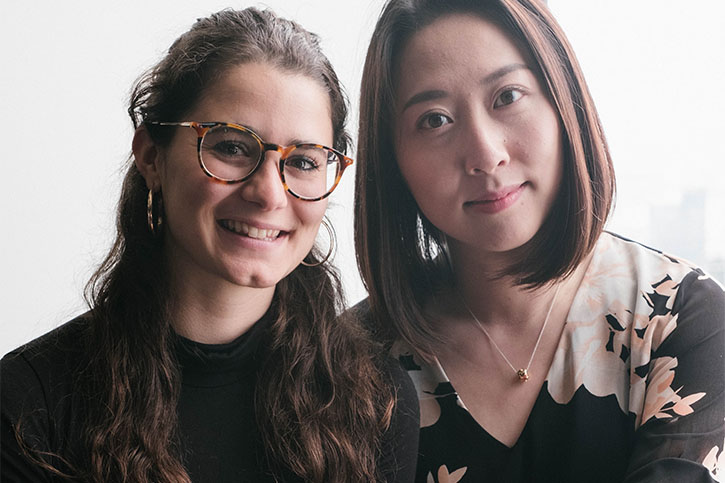
It can be challenging trying to stay on track to hit your fitness goals while sitting in an office all day, having little to no time to cook or taking part in social events that involve food intake.
It can be challenging trying to stay on track to hit your fitness goals while sitting in an office all day, having little to no time to cook or taking part in social events that involve food intake. There’s a lot of advice out there on how to live a balanced lifestyle but let’s be real here, truth is we want to know how to be living our best life while looking in the best shape we possibly can.
We speak to our nutrition coach Giulia Delmonte, following a workshop she ran as part of a 21 day challenge organised by Palace-Communication at Rialto Tower in Melbourne.
Let’s talk nutrition shall we?
With various diets out there, it can be difficult to know what to do or which one to follow. It can be a bit daunting, leaving us confused and unmotivated. At the end of the day, it’s not a one size fits all approach, which means you need to find what works for you. It takes time to get in touch with our body; it’s about experimenting until we find out what makes us feel good and thrive.
Essentially, it is important to eat a traditional diet that involves wholefoods, plenty of fresh (possibly organic) vegetables, healthy fats and a good balance of protein and carbs, as all this combined is where we get our energy from.
One of my favourite quotes on nutrition is by Heather Morgan- “Every time you eat or drink you are either feeding disease or fighting”. Therefore it is fundamental to have a well balanced diet to be able to thrive in your daily life.
The basics of nutrition – what are the different food sources and why do we need them?
Protein
Protein is the basic building block of cells. Every cell in the human body contains protein.
You need protein in your diet to help your body repair cells and make new ones. Protein is also important for growth and development. If protein is lacking from your diet you can feel tired, with little strength and energy. The Recommended Daily Intake in Australia is about 0.8 grams of protein per kilogram of body weight, but this varies depending on gender and age.
There are various protein sources, the best are from lean meat and fish, as well as beans/legumes, tofu and soy products. Less superior forms are protein powders, which can still be great as they are a fast and efficient way of having enough protein.
Fats
Fats are a concentrated source of energy, so less are needed, but good quality fats are an essential part of our diet.
- We need fats for adequate brain and cognitive function (in particular Omega-3 fatty acids found in fish and nuts -walnuts).
- Fats also allow our body to process vitamins such as Vitamin A, D, E and K which are fat soluble vitamins and are needed for vital health.
- A balance of the good fats are needed to support hormone functions, to reduce inflammation and for healthy cell membranes.
There are four types of fats:
- Saturated fats eg. butter, coconut oil
- Monounsaturated fats eg. avo, olive oil
- Polyunsaturated fats eg. fish, nuts
- Trans fats – processed/hydrogenated fats eg canola oil
Carbohydrates
Carbs are one of the main sources of energy for our bodies. They are fibres, starches and sugars found in our food. Carbohydrates provide fuel for the brain and for our central nervous system as well as energy for our muscles.
There are 2 kinds of carbs:
- Simple carbohydrates
- Complex carbohydrates
It’s important to have a good balance of these 3 macronutrients in our daily diet.
Sugar is a huge topic in nutrition as it is found in many products, often hidden, and commonly known as the silent killer, as it is the cause of many diseases. There are various types of sugar – refined white sugar is one of the worst. Then there is sugar from fruits which is a good type of sugar (when eaten in moderation) since fruits contain various vitamins as well as fibre. Fibre slows down the release of sugar into the bloodstream.
Sugar should be minimised as much as possible to avoid inflammation in the body, as inflammation is a major cause of disease.
The importance of staying hydrated
The first step is to drink two glasses of water upon waking to activate internal organs. Try lemon water first thing in the morning to help alkalise and detox the body.
We need food for adequate energy levels.
Often people complain of energy crashes in the afternoon, experiencing low moods and headaches. Most of the time these can be avoided with proper nutrition. Eating healthy food, and getting enough vitamins and minerals from the food you eat is so important for our hormones, appropriate hormone balance and production. It’s also essential for our skin, hair, nails and all the cells and organs in our body.
Simple food and lifestyle tips
- Think natural sweeteners such as honey instead of sugar
- Steer away from pre-packaged foods, make your food from scratch so you know what goes in it
- Cook dinner and make extra so you have leftovers for lunch the next day
- Minimise bloating by avoiding drinking with meals, take probiotics or fermented foods such as kefir, sauerkraut, kimchi and drink peppermint tea which aids digestion
- When eating out, choose grilled or steamed dishes and ask for no sauce or for it to be on the side
Make moving your body become part of your daily routine
Exercise is great for detoxing via sweating and for getting oxygen to the cells. It’s important for your muscles, bones and organs as it increases blood flow. It helps with energy and mood as it elevates endorphins. Exercise helps with weight loss and in maintaining a healthy weight, reduces the risk of disease as it lowers the bad body fat and reduces blood pressure. So what type of exercise should you do?
- HIIT workout mixes shorts bursts of activity with even shorter rest periods.
When you use HIIT, the body actually continues to burn energy for many hours after the short but highly intensive training sessions increasing your metabolism
- Pilates is great for core strength, conditioning, toning and posture; overall an effective way for slimming down
- Yoga is ideal to test your strength, so practice slow yoga poses that you have to hold for as long as you can
The best time to exercise is considered to be in the morning, but from a general health perspective exercising when is most efficient for you, as long as you can get out and do 40mins-1hour of exercise a day and get your heart rate up and pumping is what matters.
The impact of stress and mindset
Did you know that your stress levels and mindset play a huge role in a healthy lifestyle and the way your body absorbs nutrients and detox?
In this day and age we tend to have very busy lifestyles, between work and taking care of our family, catching up with friends and pressure from society, it’s difficult not to be stressed.
But what happens when we are? Our cortisol levels rise and this prevents us from losing weight efficiently. It also inhibits our body from working properly in the sense that our body doesn’t digest food as well as it normally would. When it’s constantly under stress, it’s harder for our body to absorb nutrients and for our organs to function as they should.
Another important piece of advice is having a healthy relationship with food, using food as medicine to make us feel good, but also allowing ourselves to enjoy a bit of dessert or a glass of wine here and there.
Being too restrictive is only going to harm your mind and body and more stress. Moderation is key- it’s important to nourish, not punish!
Looking at organising a workshop around wellness and nutrition at your workplace?
Contact us to find out how our wellness and nutrition coaches can help your team live and feel great – because life is too short to feel body conscious!
Want to find out more about our non-invasive treatments and corporate rates we can offer your business? Enquire here.




